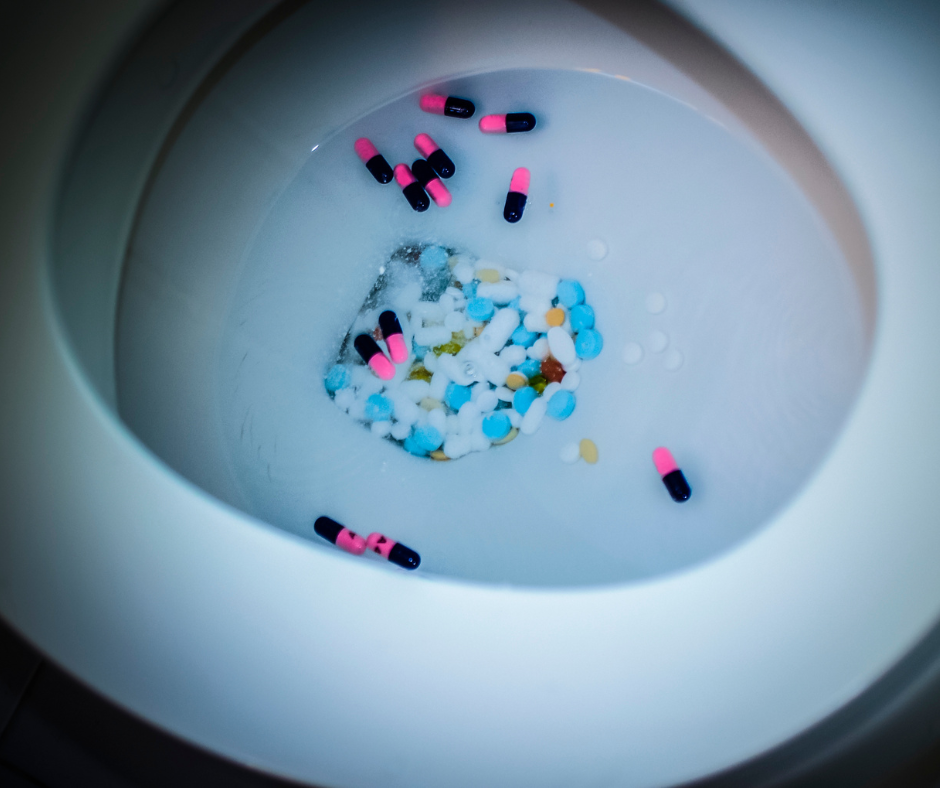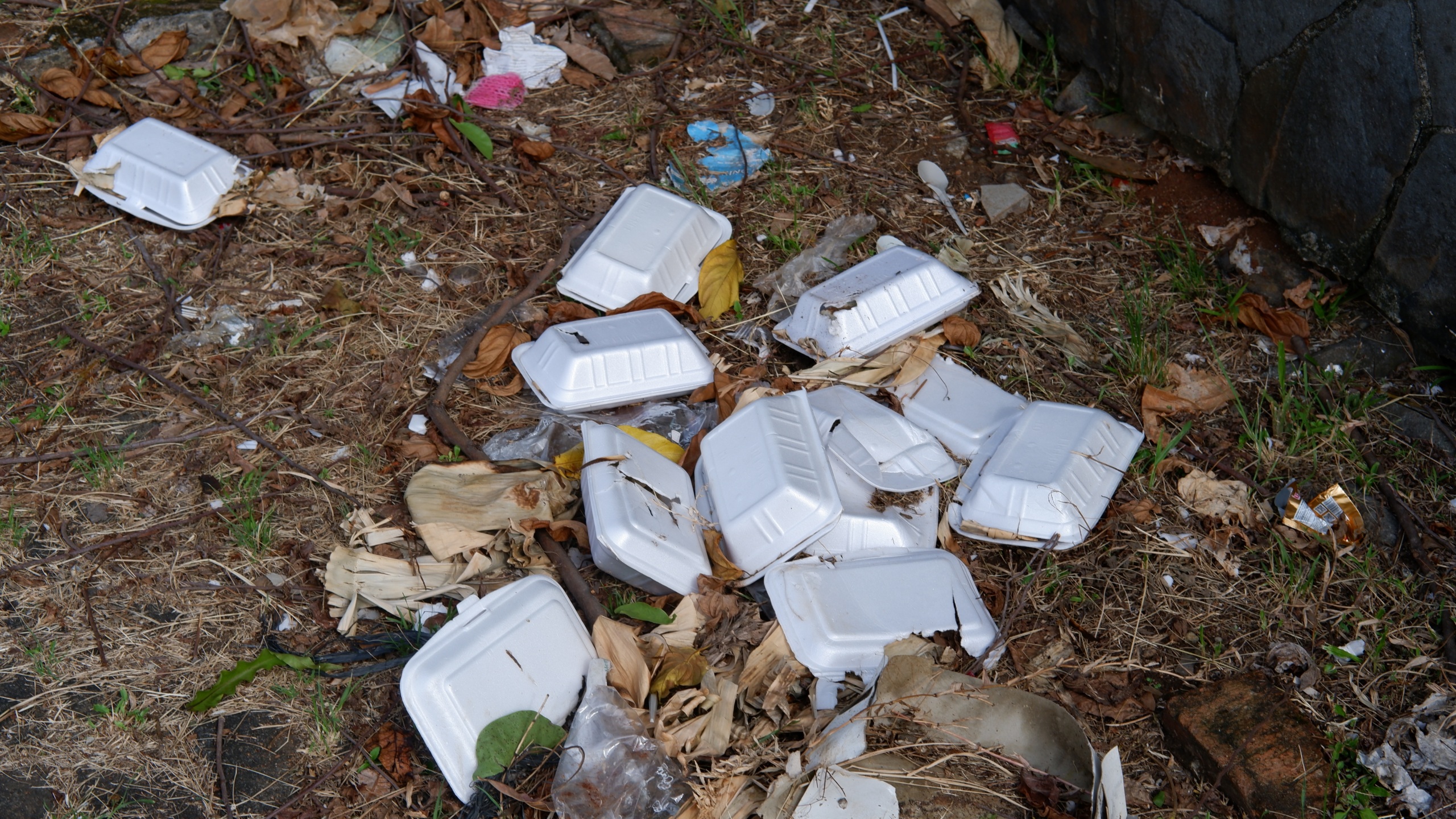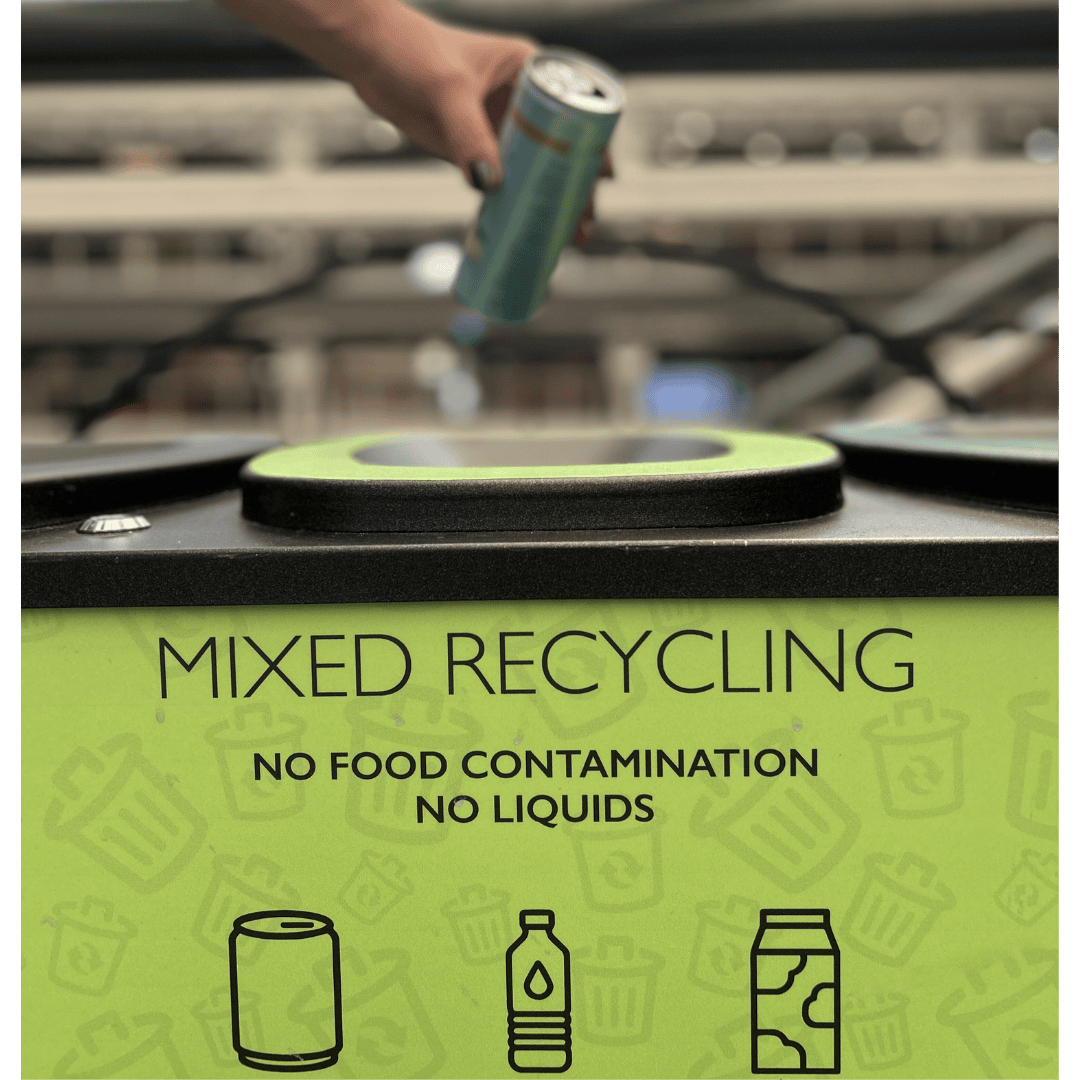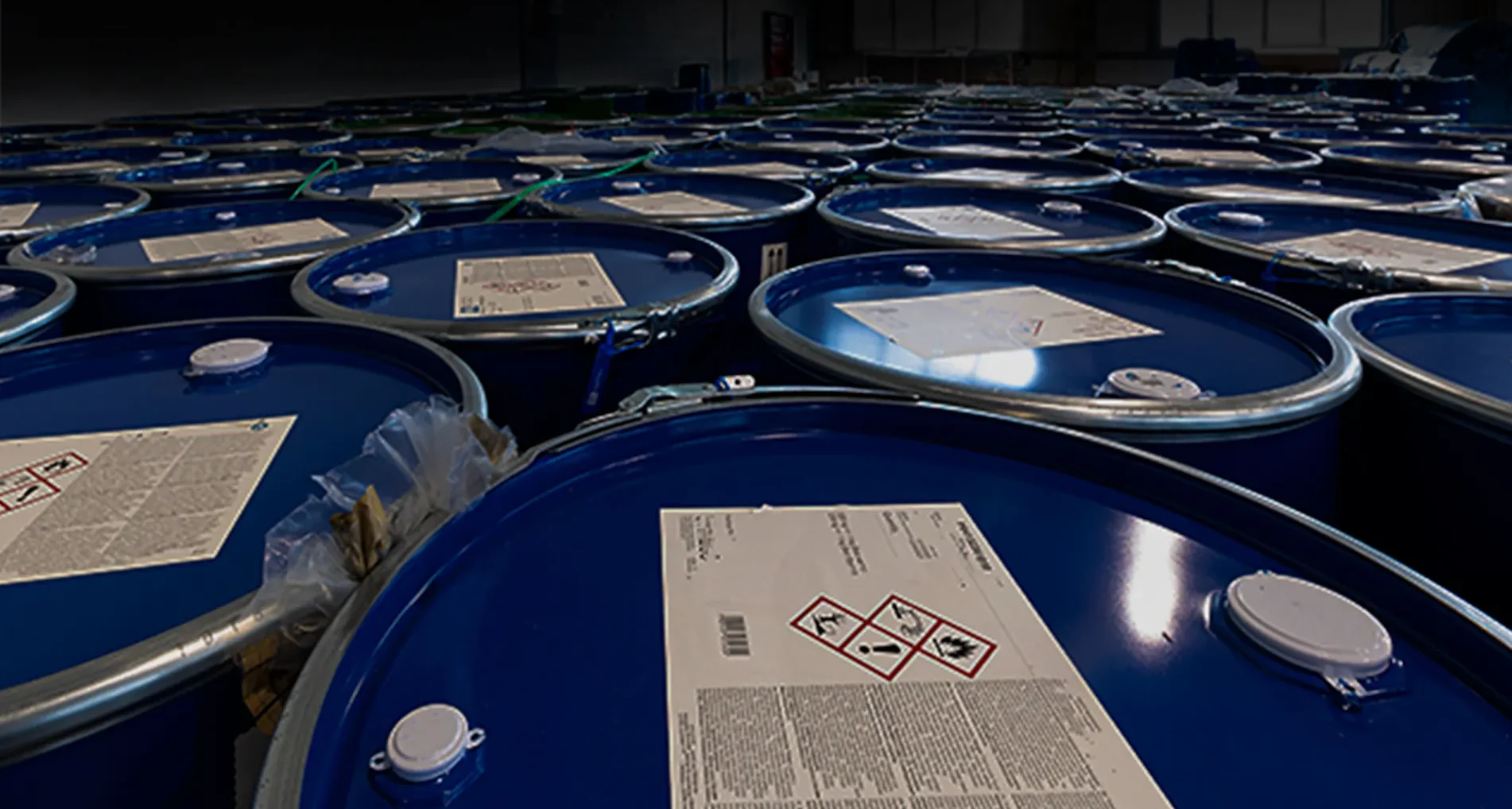Should You Flush Medications In Virginia Down The Toilet Or Sink? The Short Answer Is NO! Expert Solutions And Answers From Secure Waste
The Impact of Flushed Medications and Toiletries In Virginia: Let’s Work Together for a Cleaner Future! A Friendly Reminder: Please Avoid Flushing Medications
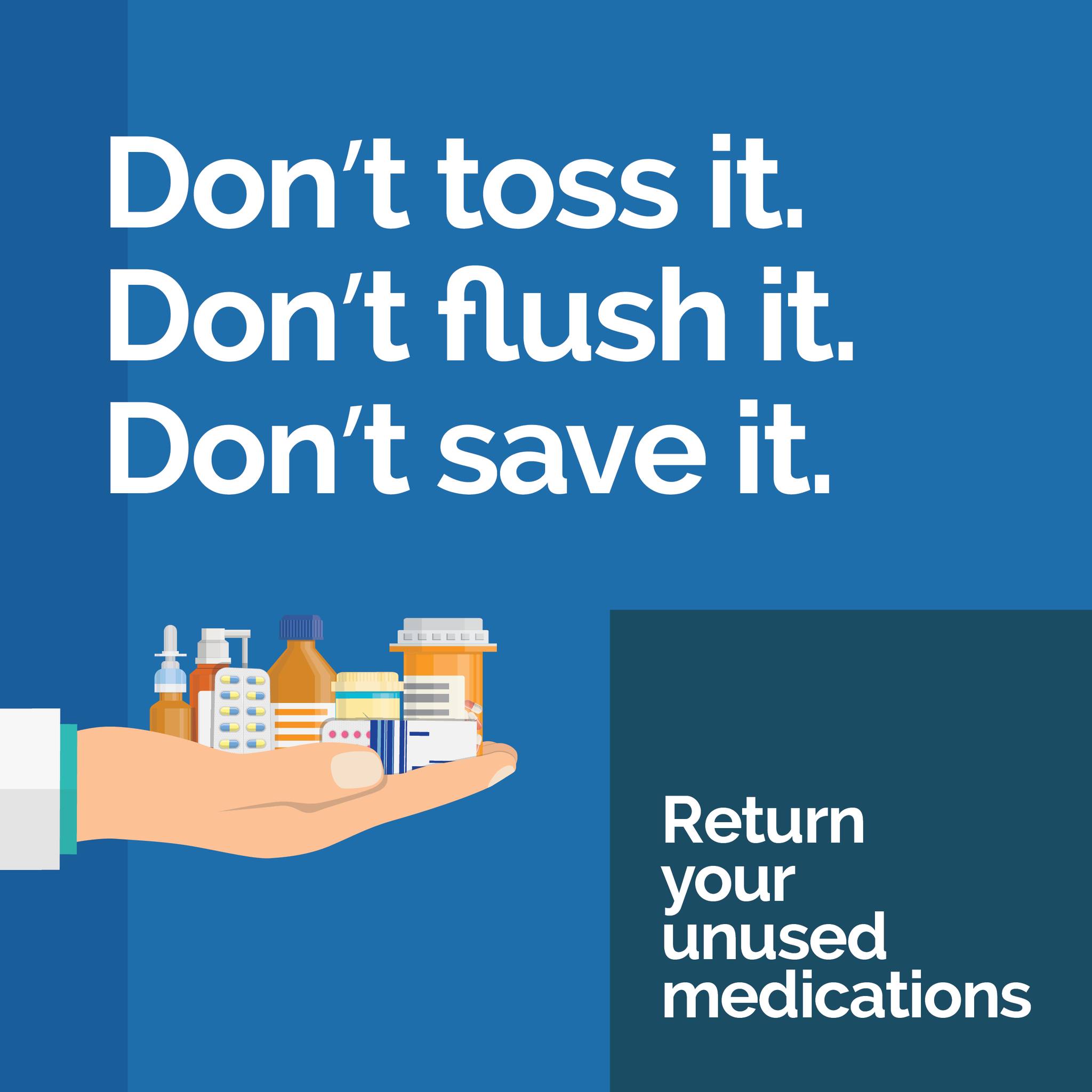
Secure Waste Provides Commercial Disposal Of Pharmaceuticals Only Click Here For More Information. Home Or Residential Keep Reading
Many people receive prescriptions for various medications in Virginia but often do not finish the entire bottle. These leftover medications are frequently stored in a cabinet and forgotten. Additionally, we usually have old bottles of expired over-the-counter medications, such as cough syrup or aspirin. These leftover medicines can pose a danger to children if they access them. Children who ingest old medications can experience a range of symptoms, some of which may be severe enough to require emergency assistance.
What should I do with leftover medicine in Virginia?
Ideally, leftover or expired medications should not be thrown in the trash or flushed down the toilet. Instead, prescription and over-the-counter medications should be taken to an authorized collector for safe disposal. The Virginia Board of Pharmacy maintains a list of authorized collectors.
It has become increasingly evident that disposing of medications—such as birth control pills, antidepressants, anticoagulants, ibuprofen, various lotions, sunscreens, and antibacterial products—through toilet flushing can lead to unforeseen repercussions for our water supply.
Often designed for specific health purposes, these substances can linger and interact within our aquatic ecosystems, raising concerns about their impact on environmental health and public safety.
More Information Here From The Virginia Department Of Health
According to the U.S. Geological Survey’s 139 rivers and streams assessment, traces of hundreds of pharmaceuticals and personal care products (PPCPs) have been detected. This situation is concerning, especially as half of the samples revealed the presence of antibiotics, contributing to the rising problem of antibiotic resistance.
Additionally, research has shown that estrogen can cause sexual abnormalities in fish, while steroids disrupt the endocrine systems of aquatic animals. In ocean ecosystems, filter feeders such as clams and mussels can absorb harmful substances, potentially poisoning other animals along the food chain, including sea otters.
The good news is that we can all make a difference! Properly disposing of unwanted pharmaceuticals and personal care items by throwing them in the trash—rather than flushing them down the toilet—can help protect our environment.
Wastewater treatment plants are essential for removing solids, nutrients, and bacteria, but they are not fully equipped to eliminate all dissolved medications and household chemicals. As a result, some of these substances can unintentionally enter our waterways and oceans. Ongoing studies are focused on understanding the long-term effects of PPCPs on wildlife and humans, and we’re hopeful that this research will lead to improved methods for removing these contaminants from our water system.
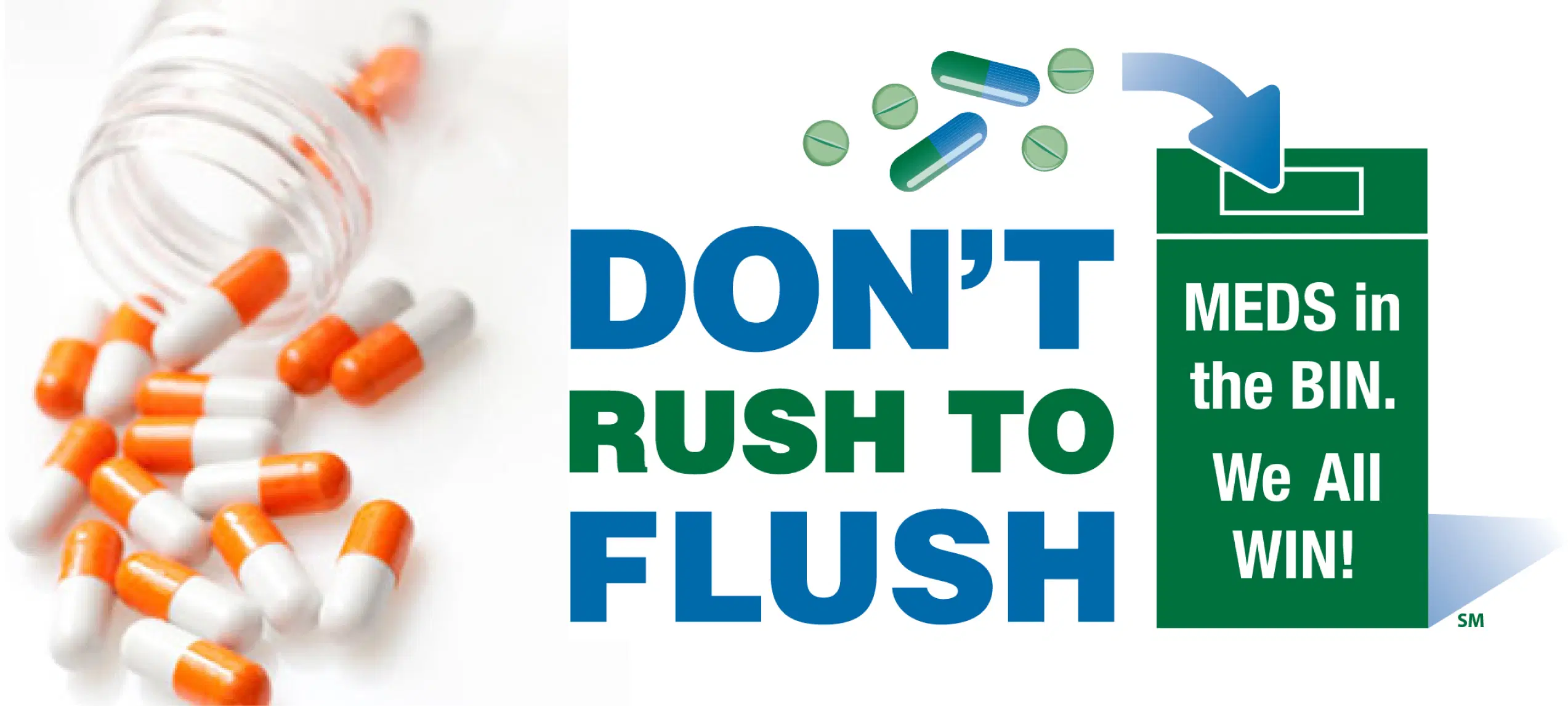
To raise awareness, the U.S. Fish and Wildlife Service and the American Pharmaceutical Association have teamed up to launch an informative outreach campaign. Plus, the White House Office of Drug Control Policy has provided helpful guidelines for proper disposal. It’s essential to be mindful of how we handle medications, mainly since a notable portion of oral medicines are excreted and can contribute to wastewater without flushing!
If you have old or expired prescription drugs lurking in your medicine cabinet, now is a great time to think carefully about how to dispose of them safely. Remember, medications should never be flushed down the toilet! Only waste and toilet paper should go down there.
Wastewater treatment plants play an integral role in safeguarding public health and the environment by filtering out contaminants from wastewater before they return to our water systems. While they do a fantastic job, they may not eliminate pharmaceuticals from our water.
Let’s proactively reduce the chemicals that find their way into our waterways. It’s a small change that can significantly impact our planet’s health! Thank you for helping to keep our water clean and safe for all!
Conclusion: now that you know why you shouldn’t flush expired medications down the toilet or wash down the sink drain, contact Secure Waste.
We provide reliable, compliant, eco-friendly medical waste disposal solutions for your facility’s needs. We have expertise in biomedical, hazardous waste, and Sharps container disposal. In addition, we provide customized waste management plans, including secure collection and transport and sustainable disposal practices.
Contact us today for a FREE Waste Assessment, or request a quote online!
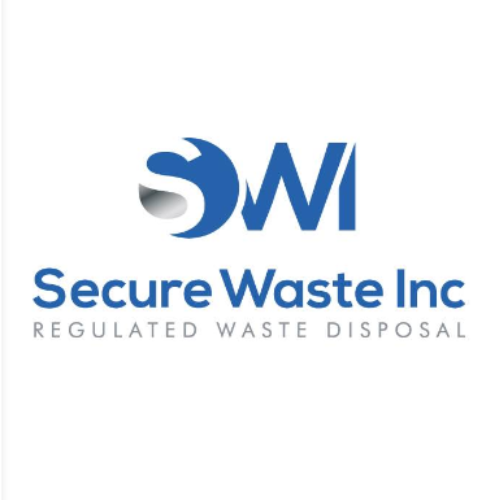
Expert Medical Waste Management: With over 25 years of industry experience, Secure Waste is a trusted local leader in hazardous and biohazardous waste disposal across Maryland, Virginia, and Washington, D.C. Specializing in medical waste management, sharps needle disposal, and biohazard waste removal, the company ensures full compliance with federal, state, and local regulations while prioritizing environmental sustainability.
The company also offers additional services, including secure document shredding and sharps container sales, providing comprehensive solutions for healthcare facilities and businesses. Our cost-effective services help clients maintain regulatory compliance without unexpected costs.
With a commitment to customer satisfaction, Secure Waste offers tailored waste management plans that align with industry best practices. Their team of experts provides reliable, timely, and compliant services, making them the preferred choice for medical waste disposal. For a free waste quote or more information, visit www.securewaste.net
